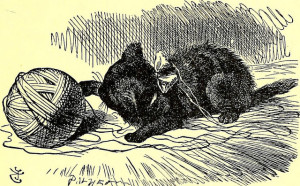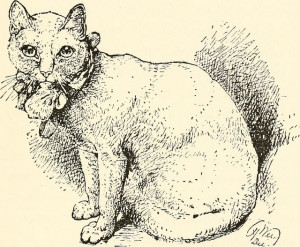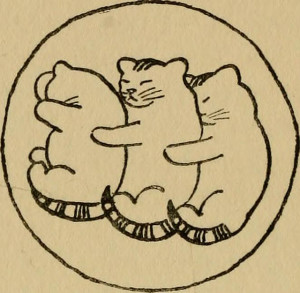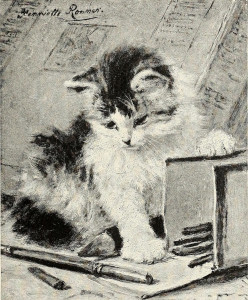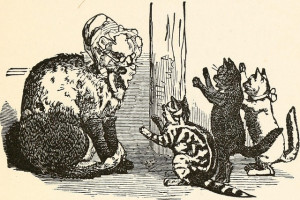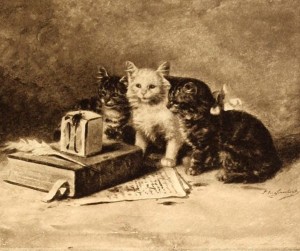
42nd chat, September 22 2015: library security and implications for libraries
6pm Pacific / 7pm Mountain / 8pm Central / 9pm Eastern
Moderated by @BNTdynomite
Storify (pdf, html) by @oksveta
Topic: With issues of open and concealed carry being played recently in state legislatures and in the courts, the issue of security in public spaces, including schools, public libraries, and college campuses. Public libraries, such as in Michigan and Virginia (see: http://
Suggested readings:
- The Case Against More Guns on Campus by Andrew Morse and Linsday Hammond, Chronicle of Higher Education: http://chronicle.
com/article/The-Case-Against- More-Guns-on/232093/ - AL Live: Library Security by Mariam Peram, American Libraries: http://
americanlibrariesmagazine.org/ blogs/the-scoop/al-live- library-security/
Discussion questions:
- Q1. What type of safety/security measures does your library employ? Does your library have a code of conduct/set of rules posted?
-
Q2. How effective are these measures/policies in providing a “safe” library space/workplace?
-
Q3. In what ways have these measure/policies infringed on personal privacy/rights or used to discriminate specific users (homeless/teens)?
-
Q4. What local/state/federal laws or outside groups does your library deal with that may interfere with providing a safe and inclusive space?
-
Q5. How do we balance safety/security or dealing with “problematic” users without infringment on individual rights and dignity?
Additional reading:
- Facts on Campus Carry in Texas provided by UT Austin: http://campuscarry.
utexas.edu/ - To Use That Library Computer, Please Identify Yourself by Scott Carlson, Chronicle of Higher Education: http://chronicle.com/article/
To-Use-That-Library-Computer/ 19950/

